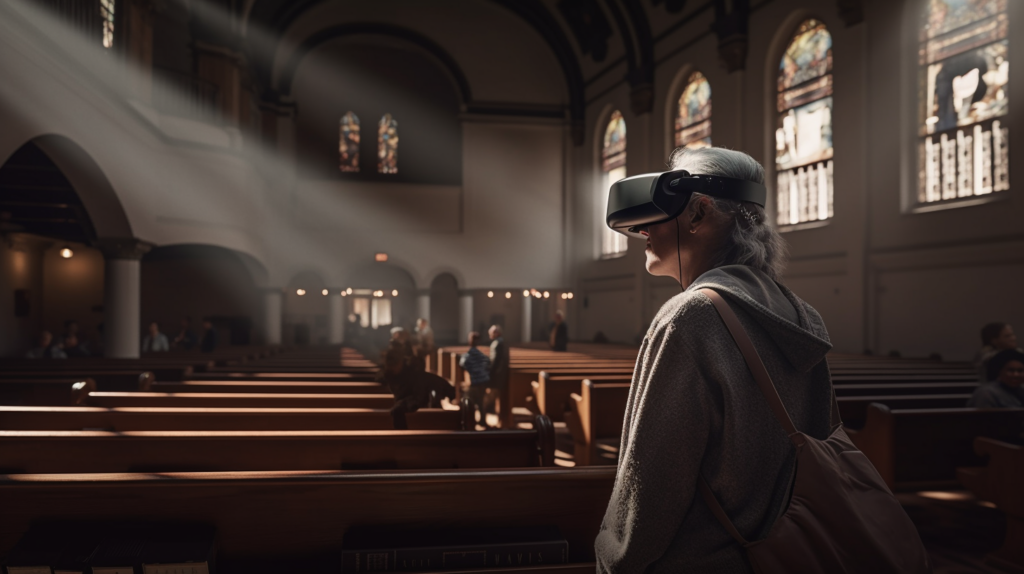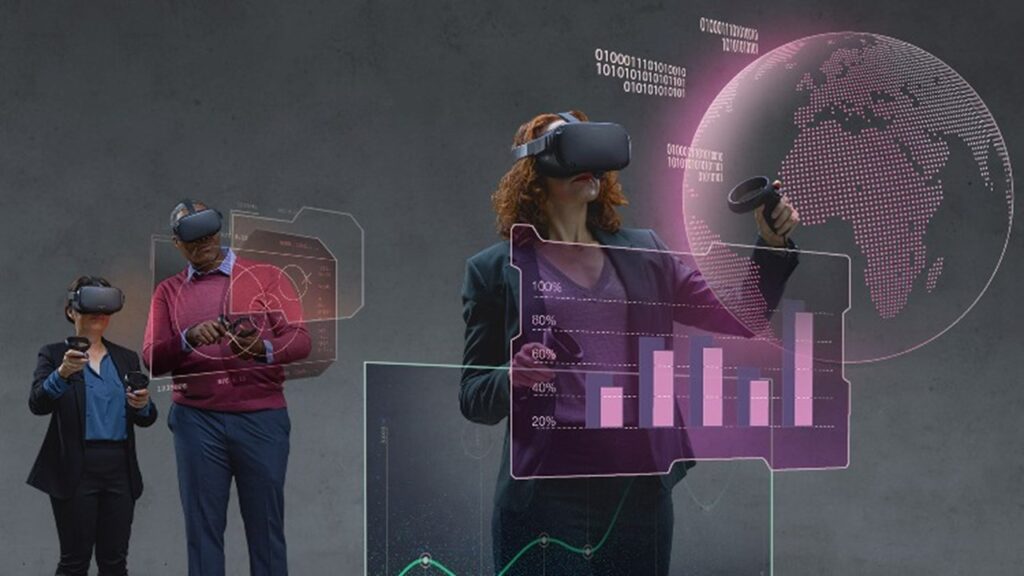Religion has been an integral part of human history and culture for thousands of years. However, in recent years, religious institutions have faced challenges in attracting and retaining members, particularly among younger generations. Advances in technology and changing societal attitudes have led to a decline in religious participation in many parts of the world. Virtual reality (VR) could provide a solution to this problem, by offering a new and innovative way for religious establishments and places of worship to connect with new and existing members.
One of the reasons why religion is struggling to stay relevant is the lack of engagement with younger generations. Younger generations are more likely to be tech-savvy and are looking for new and innovative ways to connect with their faith. VR can provide a unique and engaging experience that appeals to younger generations, allowing them to explore their spirituality in a more interactive and immersive way.
VR can also provide a way for religious establishments to overcome the limitations of physical space. With limited capacity for in-person events and services, VR can provide a way for religious organisations to connect with members who may not be able to attend in person, such as those who live far away or have physical limitations. VR can also provide a way to reach out to new members who may not have been exposed to the religion before.

Additionally, VR can provide a way to enhance existing religious practices and traditions. VR can create a more immersive and engaging experience for religious services, such as prayer and meditation, allowing members to feel more connected to their faith. VR can also provide a new way to engage with religious texts, such as the Bible or the Quran, by allowing users to explore these texts in a more interactive and immersive way.
VR can also provide a way for religious establishments to connect with members who may be hesitant to attend in-person services or events due to the COVID-19 pandemic. With the ability to attend virtual events and services, members can continue to connect with their faith and community from the safety and comfort of their own home.

In conclusion, religion is struggling to stay relevant in a rapidly changing world. However, virtual reality can provide a way for religious establishments and places of worship to connect with new and existing members, overcome the limitations of physical space, and enhance existing religious practices and traditions. As technology continues to advance, we can expect to see more innovative and exciting applications of VR in the field of religion, helping to keep religion relevant and engaging for generations to come.






